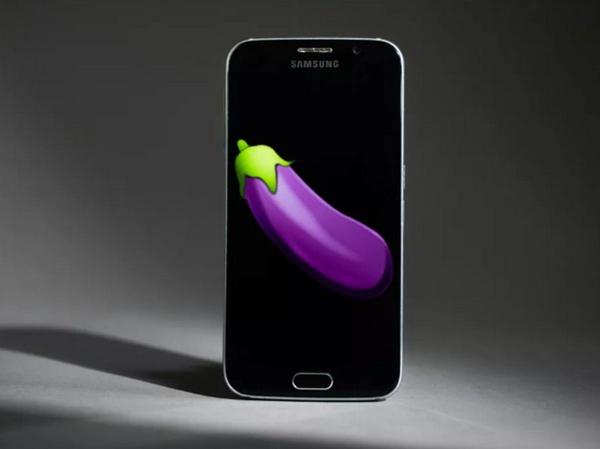With flagships like the Samsung Galaxy S20 Ultra and the iPhone 11 Proqui cheerfully pass the 1,000 euros mark, it is tempting to move towards a reconditioned or even used smartphone.But if we can actually find samsung, Sony or HTC of good quality at a very low price, is it really sure to use these phones?
Mobiles released a few years ago use obsolete versions of Android.Which means that they do not necessarily benefit from the latest security updates.If you have a doubt about the security and confidentiality of your old phone, here are some points to take into account.
What is a safety patch for a mobile operating system?
Whenever hackers discover a new security flaw in the bone of a phone, manufacturers retaliate with a safety correction.You have probably received quite a bit over time, because cybercriminals never release their efforts to exploit breaches.Most of the time you don't know any of this, but it is these updates that protect your mobile from known threats.
Why do manufacturers stop sending security fixes?
Manufacturers such as Samsung, Sony, Google and HTC do not provide ad vitam technical support for a phone.Each new model and each new version of Android require a new threat assessment and the sending of fixes.It is a lot of work and investment, and it means that it becomes impossible to find and correct flaws for each mobile phone over a period of several years.
Consequence, Google and smartphones manufacturers must set butoir dates for the end of security updates, generally after two to three years.Which means that when a threat is detected on these phones, it simply will not be corrected.
Is use an obsolete phone risky?
As Christoph Hebeisen, director of the cybersecurity specialist Lookout explains, "we do not consider that he is sure to use a device that does not receive security fixes.Critical security flaws are made public every few weeks or months, and once a system is no longer supported, users who continue to use it become vulnerable ”.

According to him, a vulnerable phone could open full access to everything it contains, in particular personal and professional emails, contact details, bank information or even details of telephone calls.A hacker could continue to have access to this information as long as you use the pirated mobile.
Paul Ducklin, researcher at Sophos, shares this opinion: "If your phone has a software vulnerability that cybercolics already know how to exploit, for example to steal data or implant malware, then this vulnerability will be there forever".
How do you know if a phone is obsolete?
It is not always easy to know if a phone can still benefit from security fixes.To do this, go to Android settings and check the updates of your OS.Install the latest version.In general, this will give you an indication of the date of the last phone update.If it indicates that it has the latest version of the operating system, but that the installation dates from several months or years, bad news.This means that your mobile is probably no longer supported.Unfortunately, manufacturers do not broadcast a direct warning on the end of security updates.
As a rule, a phone is no longer supported after two or three years, but this varies from one manufacturer to another.Google, for example, indicates that it provides security updates for versions 8.0, 8.1, 9.0 and 10 Android.Its Pixel smartphones benefit from security updates for "at least three years" from their sale.Google also requires manufacturers to provide at least two years of updates for Android devices.In comparison, Apple provides software updates for iPhone dating from five years because it has relatively few models to manage.The latest version of iOS 13 can be installed on the 2015 iPhone 6S.
You may not immediately notice that your phone has become obsolete.The most obvious sign is when you are looking to install a new application.Some will be incompatible due to the software and hardware limitations of your phone.
How to know that my phone was hacked?
Obviously, hackers will not use Android notifications to trumber that they have infiltrated your smartphone.It is therefore necessary to trust certain signs such as, for example, the contextual windows which may appear unexpectedly or the applications that suddenly launch while you have not downloaded them.
Also pay attention to unexplained data consumption, as malicious applications may use a lot in the background.The other potentially revealing indicator is abnormally high use of battery and poor performance, even if these two factors can also be attributed to aging equipment.
How to protect yourself when using an "old" phone?
As Christoph Hebeisen says, the best way to protect yourself is simply not to use a phone that is no longer supported.But if you have no choice, a few gestures could help you.
First of all, make sure that the phone is equipped with the most recent possible update.If you bought it used, be sure to restore factory settings.Download applications only from Google Play (and not third -party or unofficial application stores) and avoid installing applications by downloading the APK file of a website website.This is a way often used to infiltrate malware in a phone.
Some barrier gestures are also judicious, such as avoiding bank transactions with mobile, not synchronizing your professional messaging accounts and not exchanging sexy photos or making video chat a little hot as long as you are not backon a protected device.
According to Christoph Hebeisen, if you do not take these precautions, "this could allow a assailant to observe and manipulate almost everything that is happening on the mobile".
CNET article.Com adapted by CNETFRANCE
Image: Andrew Hoyle/Cnet










SOS Public Hospital: our revelation...
The best smartphones for gaming in...
Google Maps: activate the new widge...
Free tips in video: Free Mobile off...